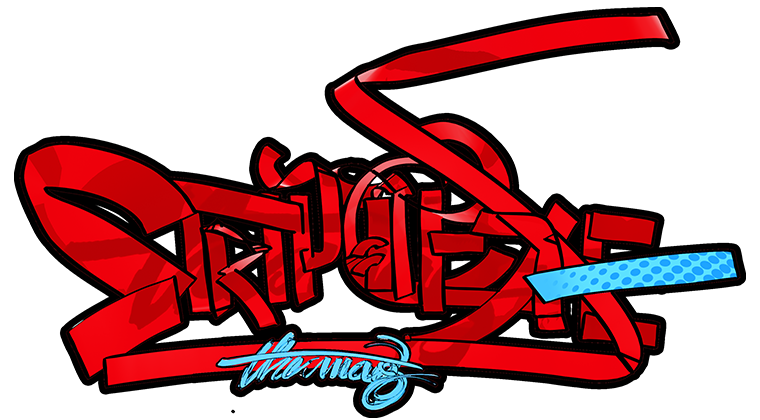A Fishmonger Called Unhygienix and Other Such Oddities
 Asterix is one of those oddities in the world of comics whose geographic presence is just another instance of the impossibility of predicting what’s going to catch on in the subcontinent. Most of us grew up with the inhabitants of the little Gaulish village, but barring India and certain francophone nations, the series is quite niche and esoteric. A shame, to be sure, considering the Asterix books are one of those rare unions of great art, side splitting humour, an unforgettable cast and some fucking solid storylines.
Asterix is one of those oddities in the world of comics whose geographic presence is just another instance of the impossibility of predicting what’s going to catch on in the subcontinent. Most of us grew up with the inhabitants of the little Gaulish village, but barring India and certain francophone nations, the series is quite niche and esoteric. A shame, to be sure, considering the Asterix books are one of those rare unions of great art, side splitting humour, an unforgettable cast and some fucking solid storylines.
When I first picked up the books as a child, it was the slapstick elements that immediately drew me in, especially the gratituous and hilarious violence that resulted everytime Obelix was let loose on a cohort of Romans. However, as I got older, what made me stay was the breadth of linguistic imagination in almost every panel, the power of words exercised to their fullest potential. Asterix is defined by its richness, be it in hidden details in the art or the artful puns that it unleashes on the unwary reader at every juncture. With every read, I’d discover something new. Jokes that had formerly remained obscure suddenly became clearer to me, be it the Roman family all named after limb bones in Asterix and the Laurel Wreath, or pop culture references like a surprise appearance by The Beatles in Asterix in Britain, or even literary allusions to Shakespeare in Asterix in Belgium. Over the years, Anthea Bell and Derek Hockridge, the translator duo whose names adorn the frontispieces of each of the books became as hallowed to me as Goscinny and Uderzo themselves. I would wonder at their sheer expertise, the skill with which they translated linguistic in-jokes and made them feel original and uncontrived – it certainly couldn’t have been easy.
Asterix is a linguistic cornucopia. Snippets of Latin (and Pig Latin) litter the pages, occasionally accompanied by hieroglyphics, a dash  of Hebrew, and even the odd campy German accent in heavily Gothic script – Asterix is a linguistic delight. Odd bits of marginalia like a recurring family of birds and translations of their bird curses pop up once in a while, curse symbols are also translated from Visigoth (or was it Ostrogoth? We can never decide!) to ‘English’ with devastatingly hilarious results. Names in the series probably deserve an entire article all to themselves – the Romans, in particular, get the short end everytime, or rather, the funniest ones. Asterix forms my very first memories of being fascinated with the possibilities, the endless and endlessly inventive possibilities that words contain – it was the basis of the love I would eventually develop for language in its madness, its gloriousness, its genius. And it all began with a childish giggle at a fishmonger called Unhygienix.
of Hebrew, and even the odd campy German accent in heavily Gothic script – Asterix is a linguistic delight. Odd bits of marginalia like a recurring family of birds and translations of their bird curses pop up once in a while, curse symbols are also translated from Visigoth (or was it Ostrogoth? We can never decide!) to ‘English’ with devastatingly hilarious results. Names in the series probably deserve an entire article all to themselves – the Romans, in particular, get the short end everytime, or rather, the funniest ones. Asterix forms my very first memories of being fascinated with the possibilities, the endless and endlessly inventive possibilities that words contain – it was the basis of the love I would eventually develop for language in its madness, its gloriousness, its genius. And it all began with a childish giggle at a fishmonger called Unhygienix.

